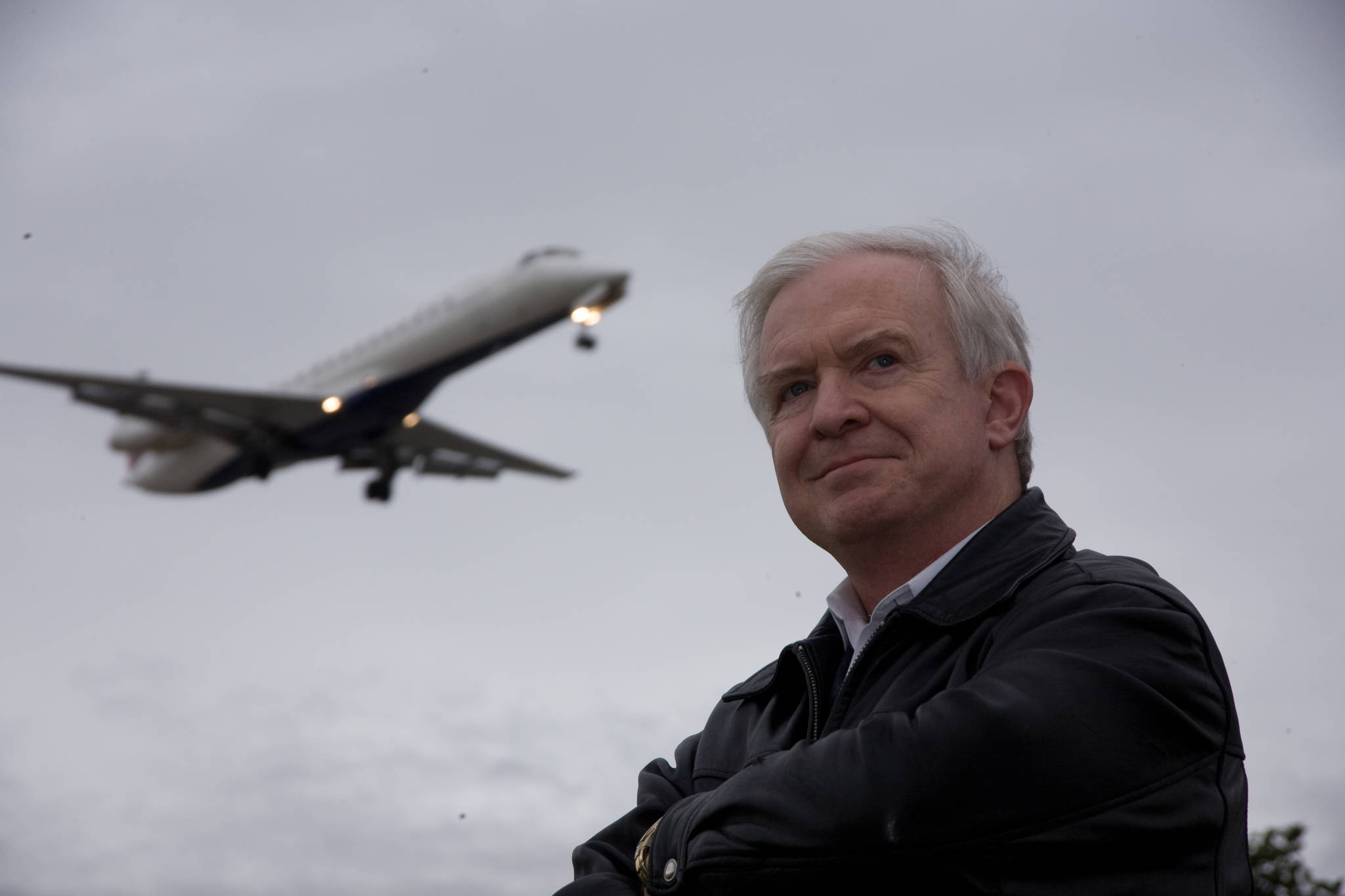By John J. Nance
Aviation Analyst, ABC News
Occasionally, in this life, a succession of doors suddenly swing open all at once, providing a corridor of sorts between where you are, and where you’d like to be. In today’s terms we might call such a connecting corridor a worm hole, but by any name, one of them just opened up between high school, and the business of flying airplanes for money (and fun).
I’ve spent decades as an airline pilot and a private pilot and loved almost every minute of it. But back when I was standing longingly at the door of commercial aviation in high school, the pathway to an airline cockpit wound through the Air Force, Army, or Navy flight programs. After Vietnam in the early 70’s (which I know sounds as ancient history as the Civil War), there were tens of thousands of highly trained military pilots getting out of the military and flooding airline offices with applications for positions they didn’t have. But over the last 40 years everything has changed: Now the flow of military pilots looking for civilian airline jobs has slowed to a trickle, the number of airline pilot positions have increased almost exponentially, the pathway through a college-based or privately-based flight training program has improved immeasurably, and the majority of newly-minted pilots now come from civilian training without a ten year commitment to the Air Force or Navy.
And, the worldwide pilot shortage that was predicted decades back is truly here and will continue for perhaps the next decade. Now instead of having a backlog of five to ten thousand pilot applications always sitting in their filing cabinets, airlines are desperately searching for qualified pilots to hire as they try to increase the size of their fleets and meet the growing public demand for safe air transportation. In other words, coming up through self-paid civilian pilot training and having it lead to a great job as an airline pilot (or corporate pilot) is almost a certainty for anyone who meets two basic criteria: Loves aviation and has a solid talent for flying.
Let me repeat that point: The two basic criteria are 1) Loving flying; and 2) Having a solid talent as a pilot.
How do you know whether you fit those two criteria? Well, that’s where it’s fairly easy. You start with what we esoterically call a “ground school” where you learn about the basics of piloting an airplane, and at the end, arrange at least an orientation flight to see what it really feels like.
It’s hard for someone like me who has been a licensed pilot for over 51 years to understand how anyone could not love flying, but such folks do exist, and some, surprisingly enough, have become airline pilots for the money or the stability and the time off. But the vast majority of us are in love with the idea of guiding an air machine through the sky and knowing that not everyone can do that. Even flying as a private pilot is indescribably fun, especially since you are the one with the skill as well as the responsibility to keep everyone safe below and above, and you are the one that gets to see things from the air that people on the ground can’t.
Is this for you? If the idea of someday having four stripes on your shoulders and being in command of a large airliner full of trusting passengers (or just flying a small Cessna around the area) lights your fire as much as a video game or an afternoon on Snapchat, then you need to consider scratching that itch.
For more information about student ground school opportunities in Friday Harbor, go to safesj.org/cove.




